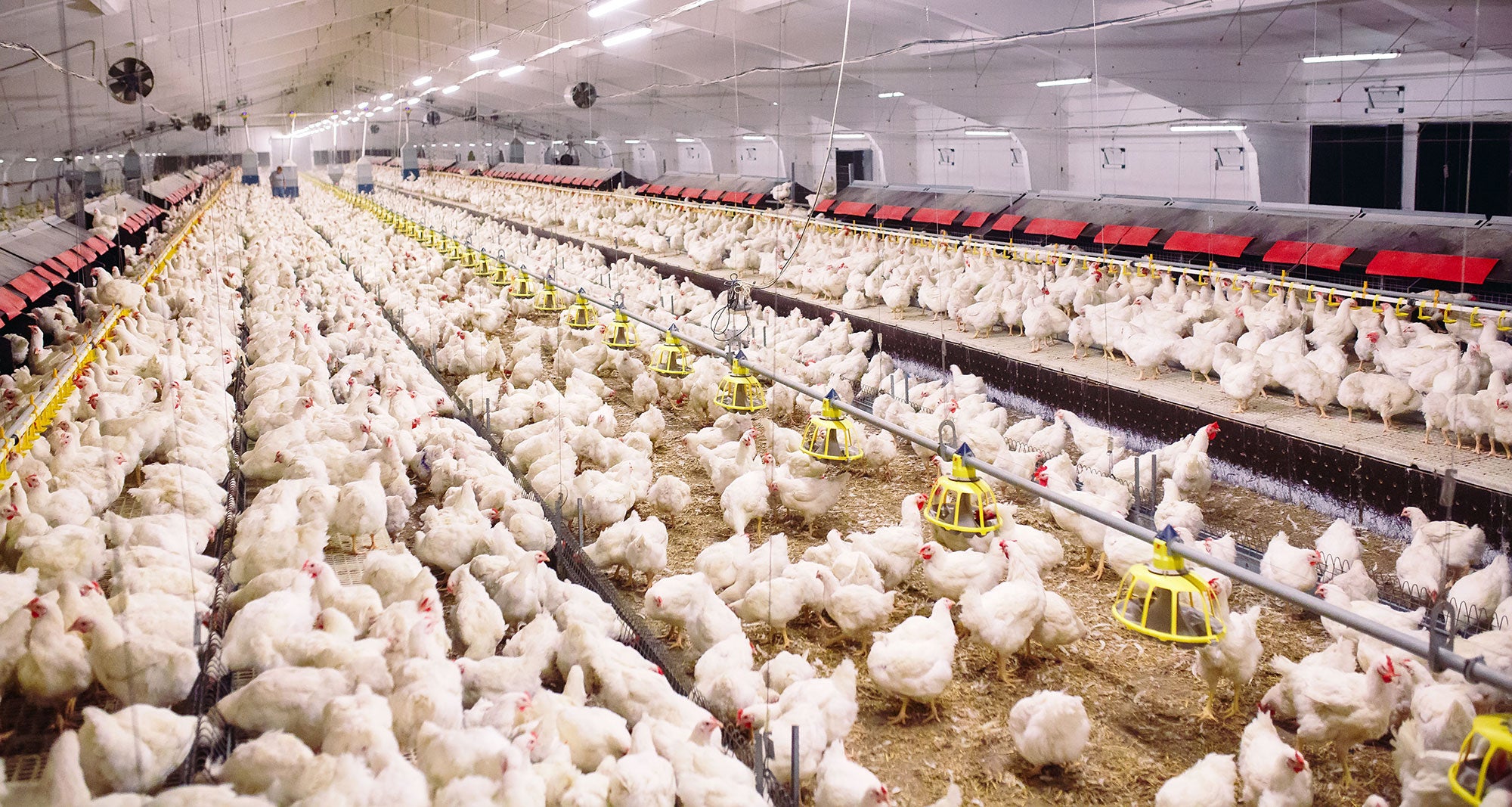Health officials in British Columbia have reported the first presumptive case of H5 avian influenza in a human in Canada. The case involves a teenager from the Fraser Health region, who is currently receiving care at B.C. Children’s Hospital. Laboratory tests conducted at the B.C. Centre for Disease Control returned a positive result for the virus, though further confirmatory testing is being conducted at the National Microbiology Laboratory in Winnipeg.
According to the report, officials are investigating how the teenager was exposed to the virus, believed to be linked to contact with an animal, and are working to identify any close contacts for additional testing and monitoring. Public health teams are collaborating with veterinarians and other agencies to understand the exposure source.
“Our thoughts are with this young person and their family during this difficult time,” said Dr. Bonnie Henry, B.C.’s provincial health officer. “This is a rare event, and while it is the first detected case of H5 in a person in B.C. or in Canada, there have been a small number of human cases in the U.S. and elsewhere, which is why we are conducting a thorough investigation to fully understand the source of exposure here in B.C.”
The province has seen an increase in H5N1 avian influenza cases among poultry farms and wild birds since October 2024, and public health, agricultural, and wildlife agencies have been working together to manage the outbreak. Avian influenza, though primarily affecting birds, has also been detected in mammals such as foxes, skunks, and marine animals, and there have been isolated human cases worldwide following exposure to infected animals.

Public health officials have emphasized preventive measures to reduce the risk of exposure. These include avoiding contact with sick or dead animals, keeping pets away from wildlife, and promptly reporting unusual animal illnesses.
Though transmission of avian influenza to humans is rare, officials are closely monitoring the situation to ensure there is no evidence of human-to-human transmission. If you experience flu-like symptoms within 10 days of exposure to sick animals, it is advised to inform your healthcare provider about the contact to guide appropriate testing and care.
Globally, the spread of H5N1 has prompted increased vigilance, as the virus’s ability to adapt and exchange genetic material with other influenza strains could heighten its risk to humans. While this remains a low-probability event, experts are aware of its potential implications.
B.C. joins other regions, including parts of the U.S., in grappling with the impact of avian influenza. In the U.S., most cases have been detected in wild birds and poultry, though mammals and even a pig have been affected. Officials are reiterating that there is no current concern over the safety of food supplies, such as milk or pork.
As public health officials in B.C. continue their investigation, they stress that proactive measures and coordinated responses are key to mitigating risks and protecting both animal and human health.

